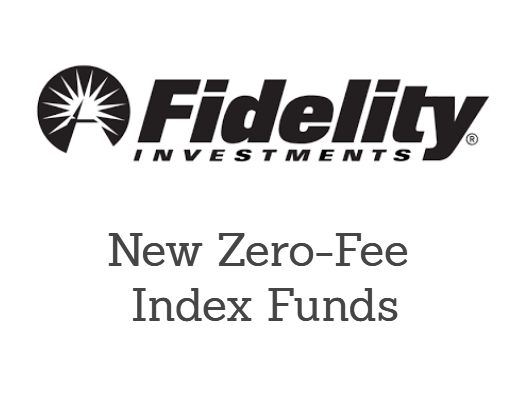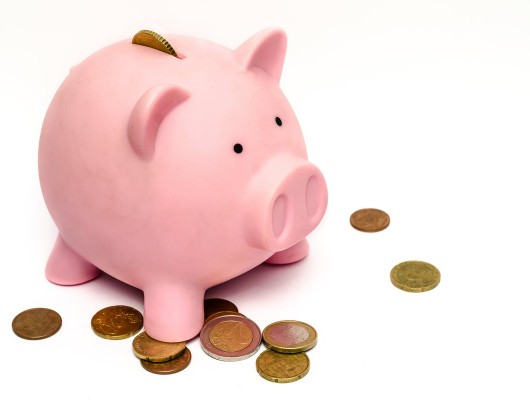![By Government of Argentina (Vector graphics by Dbenbenn) [Public domain], via Wikimedia Commons Argentina: Elections Coming Up, But The Future Probably Won't Be Much Brighter](https://i1.wp.com/upload.wikimedia.org/wikipedia/commons/thumb/1/1a/Flag_of_Argentina.svg/320px-Flag_of_Argentina.svg.png?resize=320%2C200&ssl=1) Argentina has had a stunning run of bad fortune over the past century. At the time of WWI, the country was nearly as wealthy and developed as the United States. Many Europeans fleeing the wars in the old country decided to immigrate to Argentina, thinking it would end up being the Americas’ economic powerhouse.
Argentina has had a stunning run of bad fortune over the past century. At the time of WWI, the country was nearly as wealthy and developed as the United States. Many Europeans fleeing the wars in the old country decided to immigrate to Argentina, thinking it would end up being the Americas’ economic powerhouse.
Obviously things didn’t turn out that way. Following another socialist government’s failed economic policies leading to hyperinflation in the 1980s, a conservative government came in, implemented sensible economic policies, stamped out inflation, and sparked an economic boom.
In the late 1990s, the continent was gripped by another panic, with Brazil (like always) leading the way. Argentina at this point had pegged its money to the US dollar, and with its main export partner, Brazil, in a depression, Argentina struggled to maintain its budget.
Things came to a head following September 11th, 2001, when the global economy faced sudden risk aversion. The US and IMF became more inward focused and decided not to provide any further aid to Argentina. Thrown under the bus by its supposed economic allies, the country had to abandon the dollar peg, the government collapsed, leading to a run of six presidencies in just a couple months.
Emerging out of this was another hard left government that preaches anti-capitalism and steadfastly refuses to pay its international debts. Enjoying the sharply lowered exchange rate, the economy rebounded for a few years, but it’s back on the skids again, with inflation topping 40%, the currency in freefall, and the economy back in recession.
Further adding to the troubles, international courts have consistently ruled against the Argentine government in the debt dispute, freezing the country out of the international debt markets. At this point, the printing press is the country’s only reliable source of capital.
Despite the negatives, investors have gotten excited about Argentina again. The country’s flagship ETF, the Global X MSCI Argentina ETF (ARGT), was up 25% YTD earlier this summer on hopes the upcoming election will bring a more capable government to power.
This enthusiasm has diminished, in particular with regional peers such as Brazil in utter freefall over the past couple months. Argentina’s market is still flat year-to-date, however, which puts it way ahead of almost all its Latin American and other emerging market peers.
At the risk of raining on the parade, we must say that we don’t find investors’ enthusiasm to be based in anything particularly tangible or logical. Yes, elections are coming up, and the current failed president is not eligible for re-election. The Kirchner family, first Nestor, and now his wife Cristina have been in power since 2003, and their departure should be a blessing for the embattled country.
However, the Kirchners’ handpicked successor, Daniel Scioli, leads the polls. The current governor of Buenos Aires Province, it is expected that if he should be elected, there would be no significant changes in the government’s current policy direction.
Opponents still have hope, since Argentine law requires a candidate to win either 45% of the vote or have at least a 10% point advantage over the second place candidate to win on the first ballot. If Scioli doesn’t achieve a first-round balloting win, he would be forced into a run-off with either Buenos Aires city mayor Mauricio Macri or congressman Sergio Massa.
Current polling shows Scioli at 38%, Macri at 30%, and Massa at 21%. Scioli misses the 45% threshold to win in the first round, but almost has the 10% margin over 2nd place if those results hold.
Should Scioli not win in the first round, it’s quite probable that much of Massa and Macri’s supporters would rally around the other candidate. It would likely turn into a referendum on whether or not the country wanted to continue in its current hard-left economic policies. Alas, much of the population has no savings, and thus doesn’t care about the inflation and economic stagnation. Kirchner and Scioli will keep their social welfare programs in place, and that’s enough to win much of the country’s support.
Even if one of the opposition candidates win, they still face a collapsing currency, hyperinflation, and the reputation of running an ungovernable nation of deadbeats. The winner would likely to have to devalue the currency by 50% or more and initiate hard austerity policies in a country already facing a stubborn recession.
All that to say, it’s hard to see a case for Argentina’s ETF outperforming the rest of the continent in 2015. On the off chance the upcoming election changes the country’s government, there would be a good chance of the country charting a more investor-friendly direction. But any results would take years to come and follow another difficult economic disruption during the switch from socialism back to a market economy.
And if Scioli wins, as polling shows is likely, more of the same old same old will be on tap. Argentine stocks would fall sharply once the hope of a government switch was extinguished.

